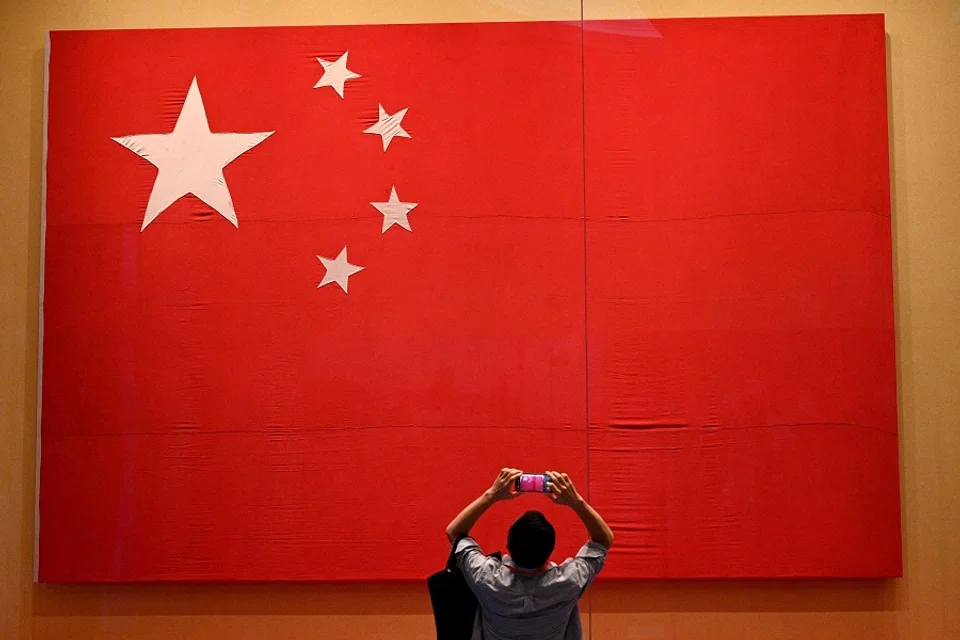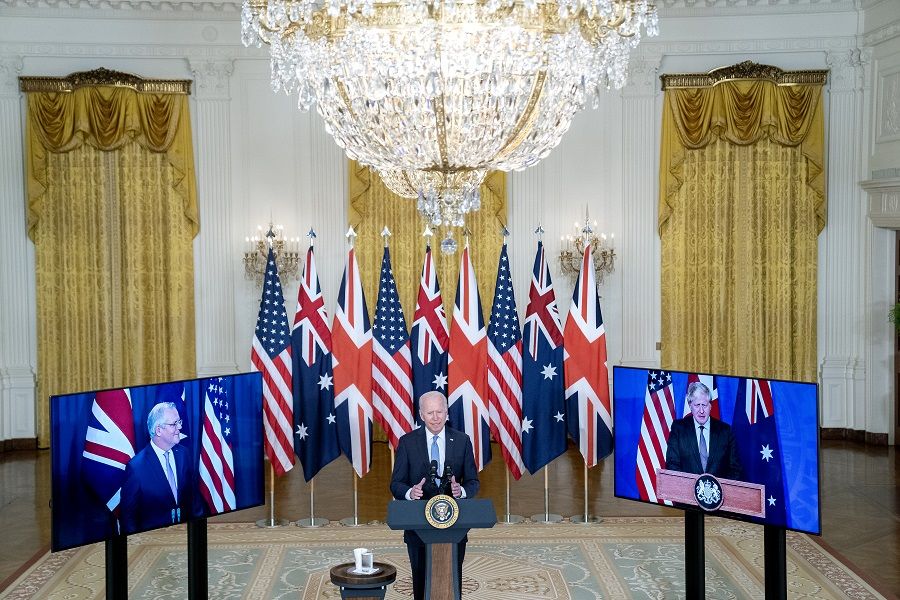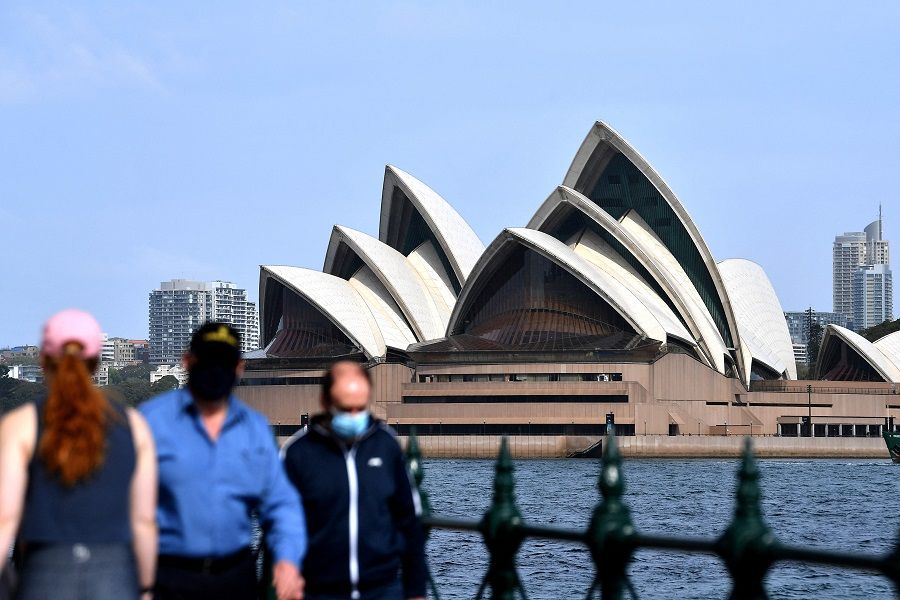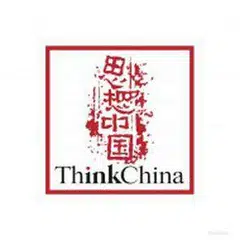The US has AUKUS. Where are China's alliances?

On 15 September, Australia, the US and the UK formally announced that they would be forming an enhanced trilateral security partnership called "AUKUS". This major move with strong geostrategic significance will certainly reshape the development path of the Indo-Pacific region and the world.
Traditional geopolitical theories emphasise the strategic position of Eurasia and espouse the belief that whoever controls Eurasia commands the world. But such continental-centred thinking is quickly becoming outdated in the face of an emerging maritime civilisation. If the axis of development in the Atlantic has far surpassed that of Eurasia in the 20th century, then the prosperity and stability of the Pacific and Indian Oceans would certainly be the drivers of world peace, progress and development in the 21st century.
...the main aim is to increase its strategic depth and reserves in the Indo-Pacific region in the hope of enhancing its strategic rivalry against China.
Maritime civilisation in Indo-Pacific will be focus of 21st century
For this reason, while the US did err in its troop withdrawal from Afghanistan, geostrategically speaking, it was right to decisively shift its strategic focus to the Indo-Pacific region and the oceans. This does not mean that Eurasia is no longer important, just that in any major strategic decision of the new century, maritime development, maritime security and the maritime civilisation will reign supreme.
If we look at the strategic paradigm of the Indo-Pacific region before AUKUS was formed, we can see that while the US is also a member of the Pacific region, it has largely relied on the "island chain strategy" in the Western Pacific, and recently formed a Quad dialogue consisting of the US, Japan, India and Australia. Now that the US, the UK, and Australia have formed a new alliance, it is obvious that the main aim is to increase its strategic depth and reserves in the Indo-Pacific region in the hope of enhancing its strategic rivalry against China.

While Japan, Taiwan, the Philippines and so on are situated on the first island chain, the inherent vulnerability of the island chain is already encapsulated in the term itself. That is, it lacks strategic depth and room for manoeuvre. While India is not a small country, it is contained within the Indian subcontinent by the Tibetan Plateau and thus has limited utility. But it is noteworthy that India has been exerting greater influence and control over the Indian Ocean route in recent years, which is symbolic of the new strategic role that India can play in the maritime era.
Australia covers a vast territory and has sufficient strategic depth. It is a guardian of the South Pacific gateway and has a traditional English-speaking and Christian cultural background.
Australia - underestimated and now part of a greater threat
On the other hand, Australia's position is of great importance in the Indo-Pacific region. Australia covers a vast territory and has sufficient strategic depth. It is a guardian of the South Pacific gateway and has a traditional English-speaking and Christian cultural background. For a long time, Australia has been a democratic society operating under the rule of law with a relatively low-profile, neutral and moderate foreign policy. It does not have obvious allies or confrontational tendencies and has come across as a regional player that abides by the rules.
But now, this erstwhile neutral and moderate country with a crucial strategic position has been pushed into the arms of the US and the UK in a strategic alliance that clearly opposes China and has the potential to severely damage China's strategic interests and security. Chinese analysts should think a little deeper about the background and motivation behind such a development. Some people once short-sightedly discounted Australia as a mere producer of commodities, or believed that Australia had a weak democracy, limited national strength, and would be easily infiltrated and suppressed in a wolf-warrior style. Now, these assessments seem to be grave misjudgements tantamount to shooting oneself in the foot.

It is worth remembering that during the Second World War, Australia played a major role in the victory over fascism by being a key base for the Allies. Now that Australia has joined forces with the US and the UK with the strategic intention of targeting China, is it a case of history repeating itself or a mockery of reality?
Of course, some people can continue with the longstanding rhetoric that this is the West's attempt at containing China's rise. But the thing is, even Australia - a democratic, neutral, and moderate country - is actively participating in the containment of China. Why is this happening?
But to what extent can Russia support China? Their relations consist mainly of an exchange of interests; shared values are limited and the shadow of historical tragedies persists.
Once again, China hard put to find firm allies
Looking at the recent state of China's foreign affairs, what China can do is to move closer to Russia and pacify neighbouring countries such as South Korea and Vietnam. But to what extent can Russia support China? Their relations consist mainly of an exchange of interests; shared values are limited and the shadow of historical tragedies persists. And because of North Korea's threat to South Korea, and Vietnam's sovereignty claims over the South China Sea, both South Korea and Vietnam will not support China's position wholeheartedly. Thus, will China ultimately face the US's containment strategy alone?

Some have said that China needs to break out of its current predicament. Certainly, but how can China do so? Why is Taiwan gaining more friends and support from around the world?
The US can do what it wants to contain China, but that is, after all, an external factor. The key lies in the actions that China takes. Looking back at history, Xiang Yu, a warlord during the Chu-Han Contention period, was defeated not because of how capable his opponent Emperor Gaozu of Han (Liu Bang) was, but because Xiang Yu was left to his own devices and things got chaotic. Just as lessons of history are aplenty, so too are those who are forgetful.
Related: Chinese academic: It's time to make the US safe for the world | Indo-Pacific: Central theatre of America's struggle against its antagonist, China | The flaws in Biden's China policy | Can China hold its own without the US? | What if China and Russia join forces? | Can China hold its own without the US?
